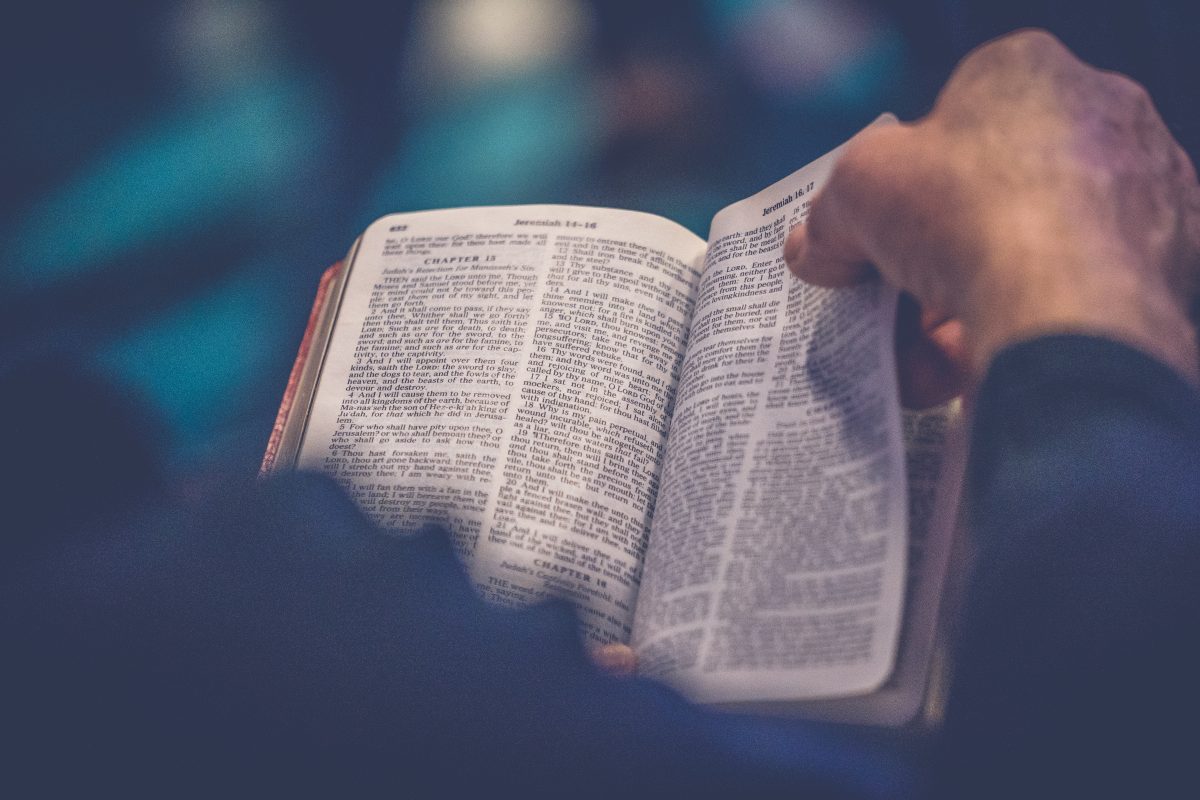Jhn 9:24-25, 24 So they again called the man who was blind, and said to him, “Give God the glory! We know that this Man is a sinner.”
Until this point, all attempts to persuade the blind man to change his story had failed. They even involved his parents, trying to convince them that he was not actually born blind but was pretending. However, now that the evidence clearly showed it was a miracle, they turned to him and demanded that he give glory to God, while discrediting Jesus as a mere sinner who lacked the power to forgive sins and heal bodies. They believed that God could use sinners, but only God deserved the credit. At this stage, they could at least admit that God had used him, but they still considered him a sinner and refused to acknowledge or give credit to him for this miracle. These individuals’ zeal for honoring God actually robbed Christ of His own honor, as they refused to worship Him as God under the guise of being zealous for this important truth.
During the transfiguration on the mount, Moses and Elijah appeared. Moses represented the law, while Elijah represented the prophets. Both were renowned for their power and ability to perform miracles. The disciples, in their enthusiasm, suggested building three tents for them. However, it was God the Father who spoke of the Son, emphasizing His importance as the central figure deserving of honor and worship. He is worthy of our worship whether He performs miracles or not.

